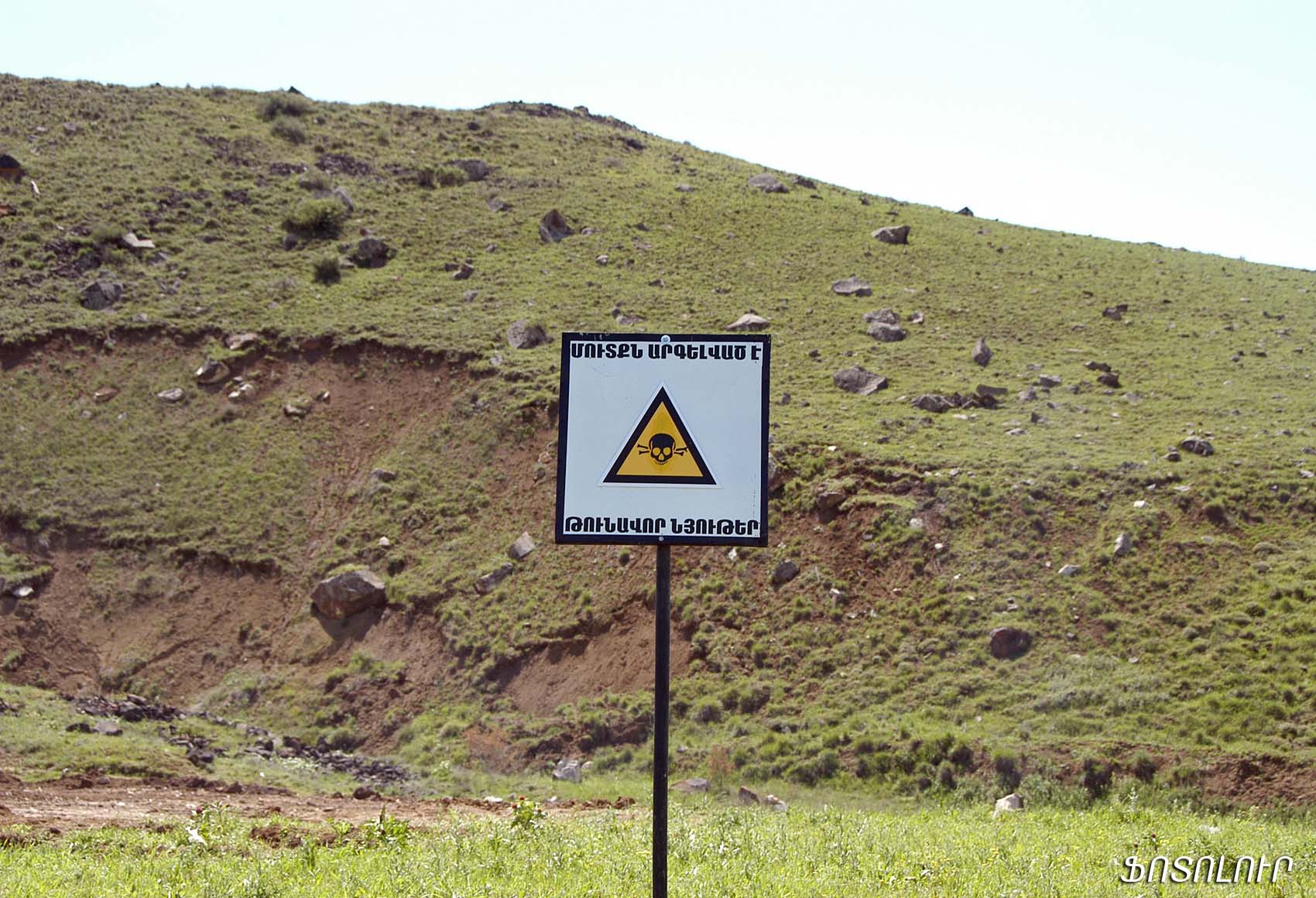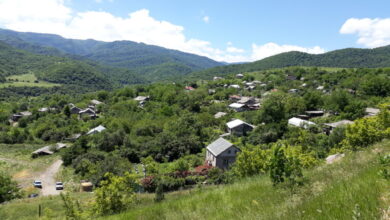Armenia, UNDP to eliminate 1,500 tons of obsolete pesticides and highly contaminated materials

Hasmik Dilanyan
“Radiolur”
An inception workshop was organized today with participation of Patrice Coeur-Bizot, UNDP Resident Representative a.i. in Armenia, and Aram Harutyunyan, RA Minister of Nature Protection, to kick-off the project to protect health and the environment by eliminating obsolete pesticide stockpiles and addressing contaminated sites through a sound chemical management framework.
In the late 1970s and early 1980s, a Soviet Union-wide program was initiated to collect the accumulated banned and expired pesticides from the distribution system and dispose them in landfills or burial sites. In 1990, it was estimated that overall approximate 600 such storehouses existed in Armenia.
These contaminated sites present major environmental and health concerns as most of them have a high risk of general release into the environment and into agricultural production. As part of the project preparatory process, the Global Environment Facility (GEF) has allocated USD 140,000 preparation grant.
In his welcoming remarks Patrice Coeur-Bizot said, “This is difficult but important project. I am confident that the political and financial commitments, combined with the transparent collaboration framework involving major government entities and civil society organizations, will contribute to its successful implementation. Flexibility and innovation should be guiding principles for decision making during project development and implementation.”
Continuous release of persistent organic pollutants (POPs) into the environment will be prevented through the excavation, packaging and secure storage of high concentration POPs and associated material. It is estimated that up to 1,500 tons of obsolete pesticides and highly contaminated materials and around 2,000 tons of moderately contaminated materials will be eliminated. Through the application of contemporary health and environmental risk assessment methodologies, the project will focus on strengthening national capacities to address the risks, as well as develop baseline data that will help to track reduction of POPs release.








